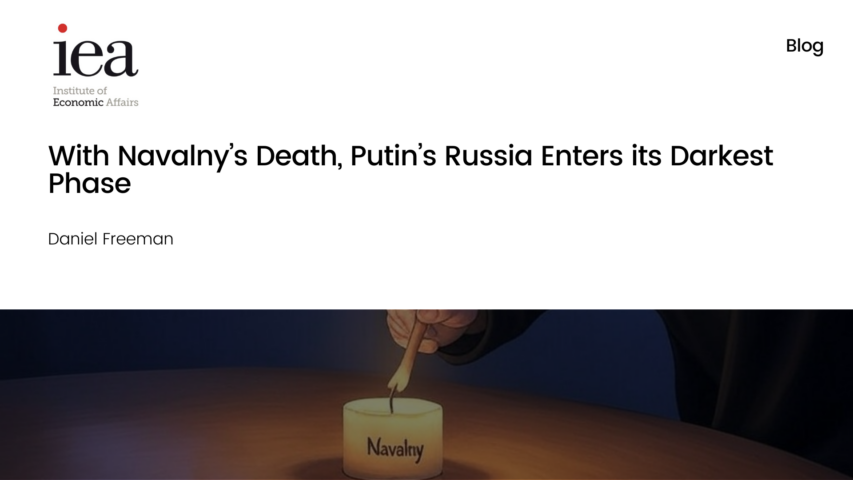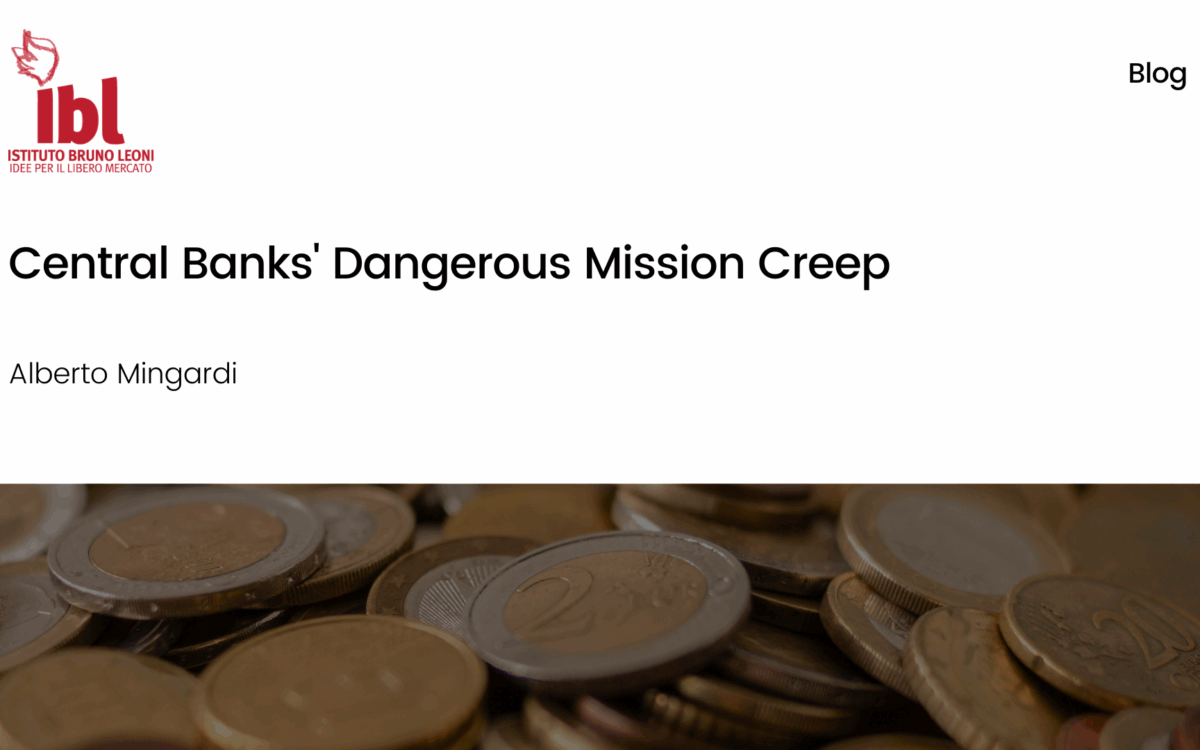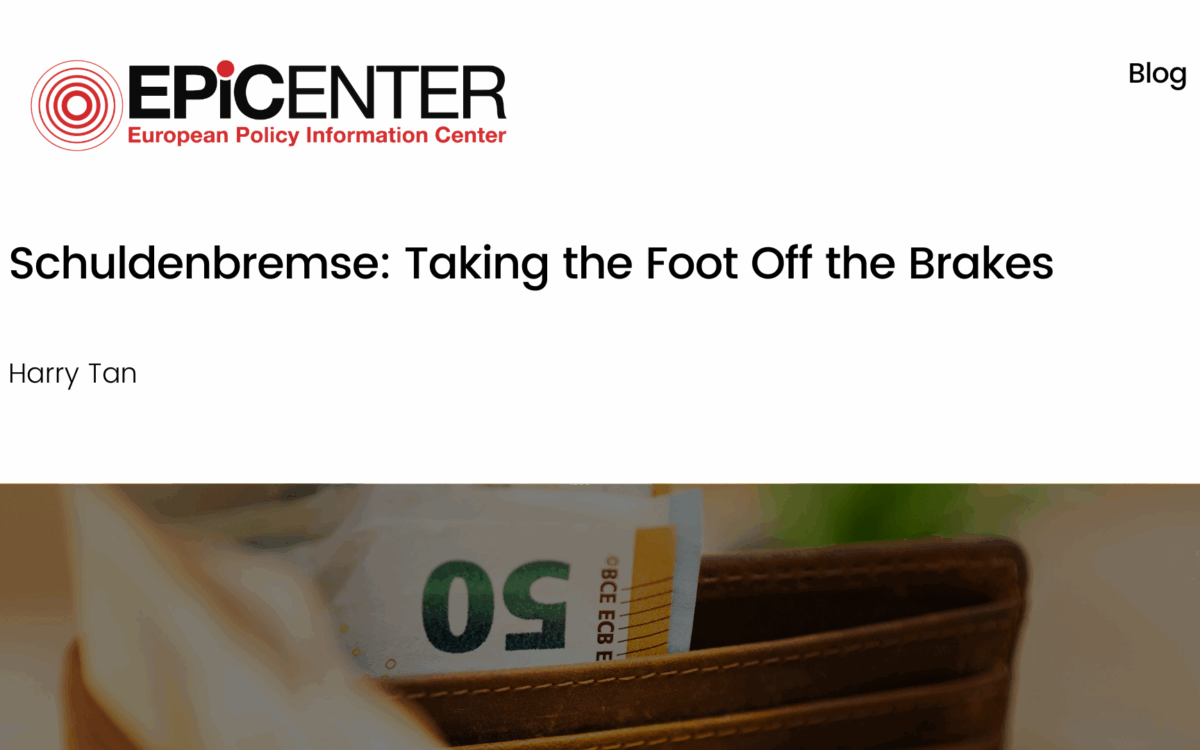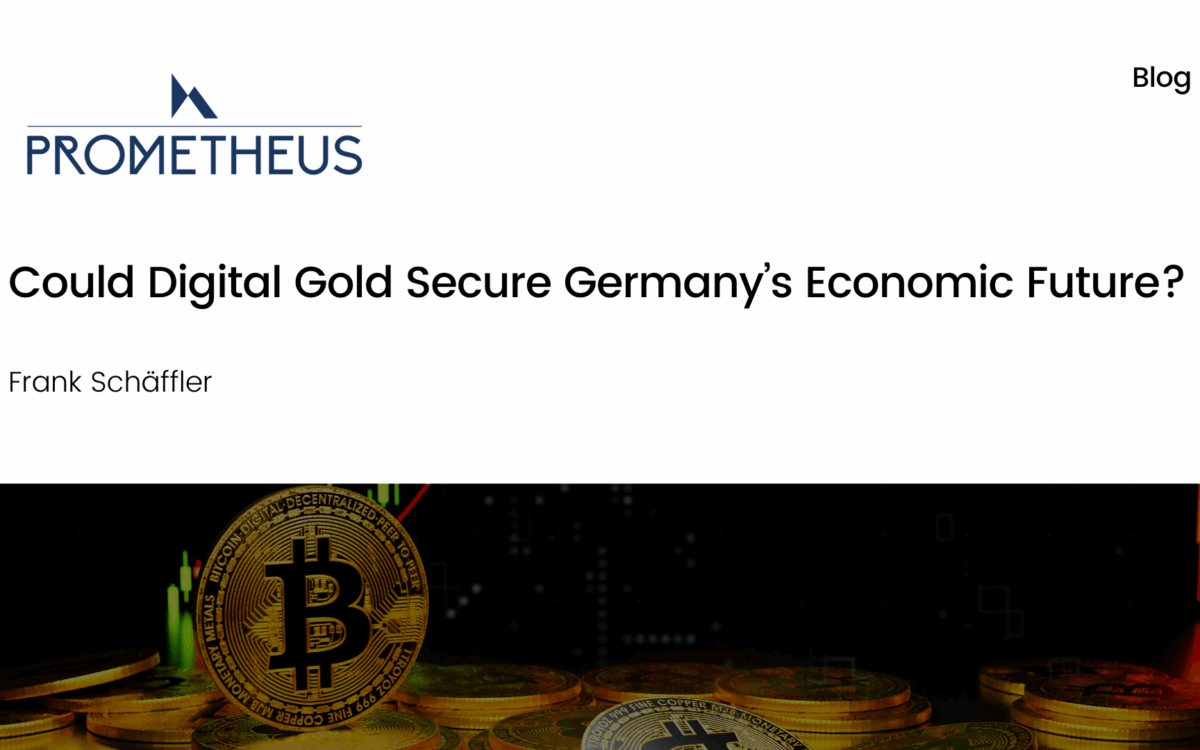With Navalny’s Death, Putin’s Russia Enters Its Darkest Phase

With Navalny’s death, Putin’s Russia enters its darkest phase
Daniel Freeman // 23 February 2024
On Thursday February 15, Alexei Navalny appeared via video link for a court hearing. Despite having spent three years in prison and over 300 days in solitary confinement he seemed in good spirits and elicited smiles from court officials by cracking jokes about the pay of federal judges. But just 24 hours later he was dead. According to prison officials he succumbed to ‘Sudden Death Syndrome’ while out for a walk in the grounds of the Arctic penal colony to which he had been recently moved. In a grim coda, Navalny’s elderly mother travelled to the prison, a journey of over a thousand miles, and has spent the last four days begging for the return her son’s body – at the time of writing neither the body nor its location have been released by the authorities.
I only saw Alexei Navalny speak once. It was the summer of 2019 at a rally calling for independent opposition candidates be allowed to run in elections for the Moscow City Duma. It was taking place on Sakharov Avenue, near where I was living at the time, so I decided to go along out of sheer curiosity.
The fact that such a meeting could be held at all is indicative of how much Russia has changed over the last five years. In those days the authorities did occasionally grant permission for opposition meetings for appearance’s sake or if shutting them down by force would cause more trouble than it was worth.
Russia was far from a free country but autocracy comes in many degrees. Russia was then at the edge of what political scientists call a hybrid regime. In practical terms this meant elections were rigged but officials were expected to be discreet and avoid blatant ballot stuffing (in the big cities at least). The TV channels were all controlled by the Kremlin, but the internet was mostly uncensored and liberal newspapers were tolerated. Opposition figures like Navalny were legally harassed but usually only spent short stints behind bars.
Over 20,000 people turned up that day. Monarchists, anarchists, dissident communists and libertarians were all well represented along with the young middle-class liberals who made up the core of the Russian opposition. It felt like you were looking at the whole opposition movement in microcosm. Angry, surprisingly optimistic, united by little except hostility to the system of ‘managed democracy’ built during Putin’s two decades in power.
The rag tag nature of the opposition movement which Navalny was able to mobilise was a source of criticism both inside Russia and abroad. He was willing to talk to almost anyone he believed could help him build a coalition against the regime. He was also an opportunist who would jump on many a popular bandwagon. In the early 2000s he flirted with nationalism and at times used choice language when calling for restriction on immigrants from Central Asia and Caucasia who were arriving in Russia in unprecedented numbers.
This has led ‘Tankies’ and some of the dimmer elements of the Anglo-right to convince themselves that Navalny was some sort of fascist demagogue. As with most beliefs resulting from two minutes of googling and a desperate urge to ‘own the libs’, this is nonsense. Though Navalny was willing to share platforms with figures on the hard right, and indeed the hard left, he never deviated from a commitment to a liberal democratic Russia with a market economy.
But whether or not one agrees with him politically is not the point here. This article is not about Navalny, the politician; it is about Navalny, the pro-democracy campaigner, in a country which has had little experience of it. In his drive against autocracy and corruption he can seldom be accused of allowing the perfect to be the enemy of the good.
Navalny’s speech at the rally on Sakharov was indicative of populist style he favoured. He railed against corruption and claimed that, for the authorities, the people only exist when paying taxes but not when they vote. He attacked the governing party, using the well-known phrase he popularised: ‘what is United Russia?’ he shouted from the podium, ‘the party of crooks and thieves’ the response cried back from the crowd.
But more than anything Navalny said, I remember most the effect he had on the crowd. As people left the rally the most popular chants were Putin vor (Putin is a thief) and Rossiya budet svobodnoy (Russia will be free). These two phrases are the best summary of what Navalny believed and made others believe. Firstly, that the regime was robbing the people of things they had a right to; their money through embezzlement and corruption, their voice in government through vote rigging, and ultimately their lives in futile wars of aggression. Secondly, that Russia could, and in the end would, become a free and democratic state.
His infectious optimism made people really believe that a new Russia was possible. The tragedy is that in the years after 2019 a new Russia did emerge, but it was the old Russia only less cautious, more brutal and unpredictable. The velvet glove was coming off the mailed fist. The weekend after that meeting on Sakharov Avenue there was another protest, this one was broken up by the police with 1,400 arrests. Then came Covid, giving the authorities an excuse to ban such gatherings indefinitely. In August 2020, Navalny was poisoned on a flight and was allowed to go to Germany for medical treatment. Disdaining the life of an exile he returned to Russia the following January and was immediately imprisoned, thousands of his supporters were arrested and the organisations he had founded declared an extremist organisation and liquidated. Then came the war on Ukraine which was accompanied by the suppression of any dissent in the media and an unprecedented use of state repression. Navalny’s death seems like the final bloody confirmation of this process.
What does Navalny’s death mean for liberalism in Russia? In London at the impromptu memorial set up opposite the Russian embassy there is a sign in Russian reading, ‘if this happens it means we are unusually strong’. This was what Navalny, ever the optimist, believed. For him, even his own death was a sign that a better future was on the way. I wish it were true but all the evidence points in the opposite direction. The fact that he could be disposed of without fear of major disturbance indicates both the Kremlin’s strength and just how weak the opposition inside Russia now is.
However, in choosing to return to Russia to face imprisonment and death over a comfortable life in exile, Navalny ridiculed the propaganda which tried to present him and by extension all liberals, as cowardly, unpatriotic grifters. In Navalny, Russian liberals have lost a courageous and able advocate and gained a martyr. Time will tell whether this was a worthwhile exchange, but the courage of the man who made it cannot be denied.
A version of this article was first published on CapX.
EPICENTER publications and contributions from our member think tanks are designed to promote the discussion of economic issues and the role of markets in solving economic and social problems. As with all EPICENTER publications, the views expressed here are those of the author and not EPICENTER or its member think tanks (which have no corporate view).



